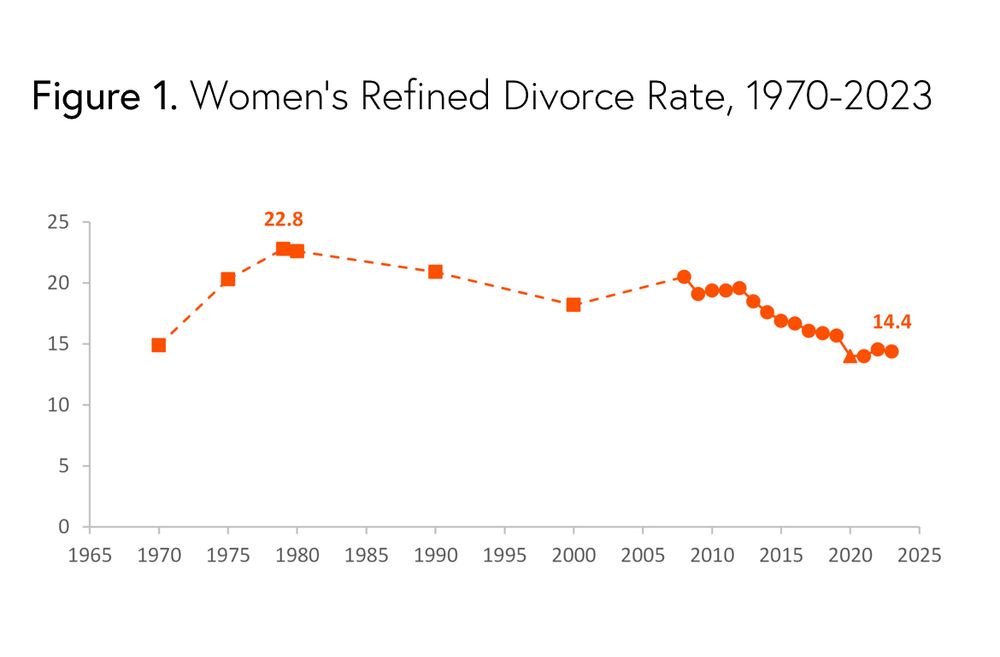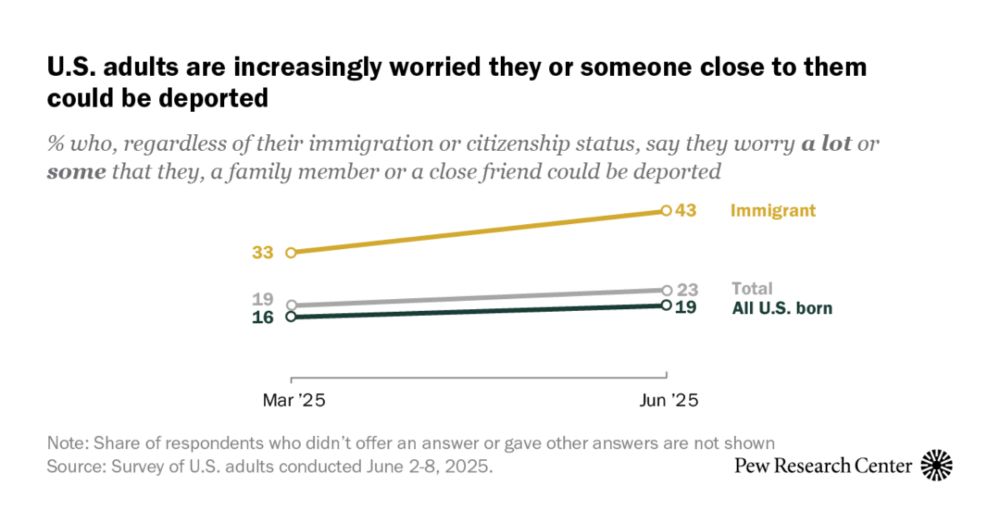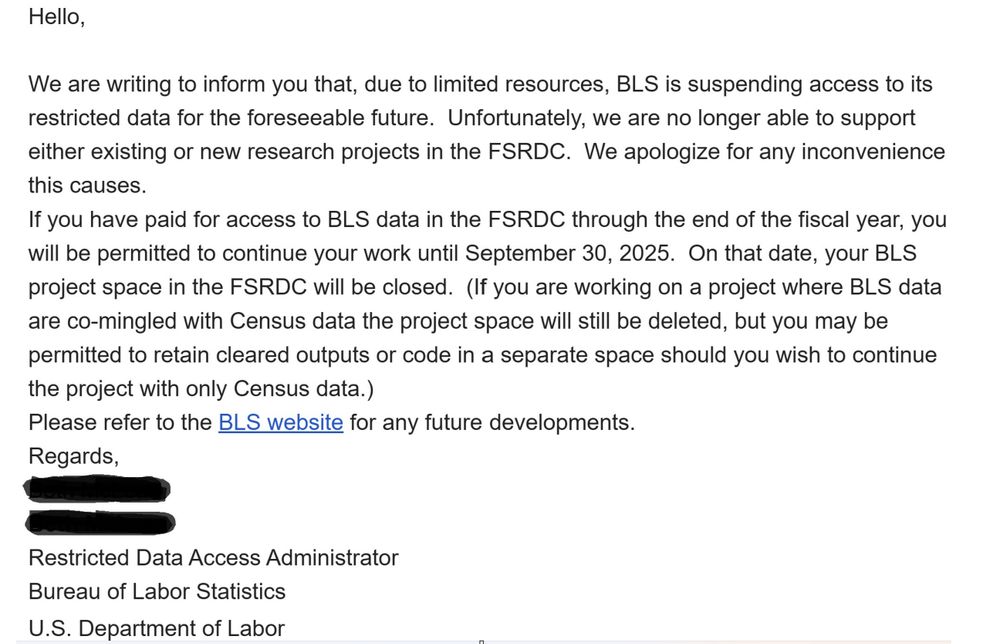Wendy Manning
@wendymanning.bsky.social
460 followers
270 following
25 posts
I am a family demographer (aka population scientist) with a focus on American family and fertility patterns. Co-PI of NCHAT and co-director of NCFMR.
Posts
Media
Videos
Starter Packs
Reposted by Wendy Manning
Reposted by Wendy Manning
Philip N Cohen
@philipncohen.com
· Jun 13

Perceptions of the Future and Pregnancy Avoidance in the U.S - Population Research and Policy Review
Despite low U.S. fertility rates since the Great Recession, two-child norms remain pervasive, suggesting individuals are unable to achieve their goals. To understand what may be driving the apparent m...
link.springer.com
Reposted by Wendy Manning
Reposted by Wendy Manning
Reposted by Wendy Manning
Reposted by Wendy Manning
Wendy Manning
@wendymanning.bsky.social
· Apr 26

They say they want Americans to have more babies. What's beneath the surface?
Pronatalists believe that modern culture has failed to adequately prioritize the value of nuclear families and making lots of babies. They see powerful potential allies in Elon Musk and JD Vance.
www.npr.org
Wendy Manning
@wendymanning.bsky.social
· Apr 26
Reposted by Wendy Manning
Reposted by Wendy Manning

















